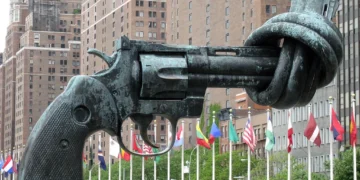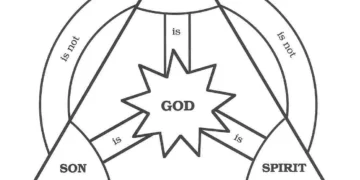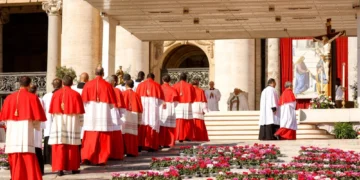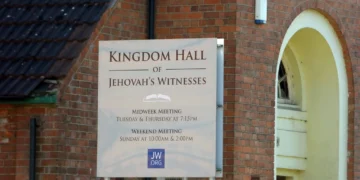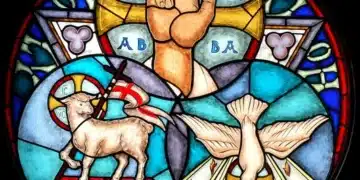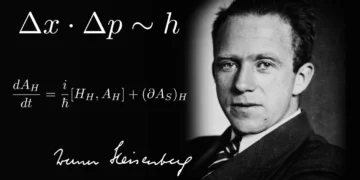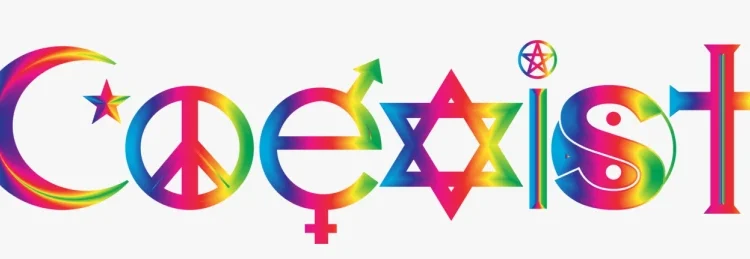In today’s world, marked by the increasing diversity of beliefs and cultures, it is essential to celebrating love and peace and to recognize and the coexistence of all religions. The United States, a melting pot of different faiths, has the unique opportunity to foster an environment where people can practice their beliefs peacefully, respecting one another’s religious journeys. In this article, we will explore the power of love, compassion, and understanding in promoting harmony among different religious communities.
Loving Your Fellow Man: A Universal Principle
At the heart of every major religion lies the profound principle of loving one’s fellow human beings. Christianity teaches us to “love your neighbor as yourself” (Matthew 22:39), emphasizing the importance of compassion and kindness to all. This principle is not exclusive to Christianity alone but can be found across various faith traditions throughout history. By embracing this universal principle, we can foster a society where love triumphs over hate, and understanding replaces prejudice.
Embracing Religious Diversity
Religious diversity should be seen as a source of strength rather than a cause for division. Just as different flowers enhance a garden’s beauty, the coexistence of various faiths can enrich our society. Each religion brings unique perspectives on spirituality, morality, and the purpose of life. By appreciating and learning from one another’s beliefs, we can expand our understanding of the divine and deepen our own faith.
Promoting Mutual Respect
Respecting one another’s beliefs is fundamental to establishing peaceful coexistence. It requires recognizing that every individual has the right to practice their religion freely and without fear of discrimination. We must move beyond mere tolerance and actively engage in fostering understanding and empathy. By engaging in interfaith dialogues, attending religious ceremonies of different faiths, and building friendships across religious boundaries, we can create a society grounded in mutual respect and acceptance.
Education as a Catalyst
Education plays a pivotal role in promoting religious harmony. By equipping individuals with accurate information about different faiths, misconceptions and prejudices can be dispelled. Our educational institutions should embrace religious studies as part of their curriculum, offering students the opportunity to learn about various religions’ histories, beliefs, and practices. This will foster greater understanding, empathy, and an appreciation of religious diversity from an early age.
Practice Compassion
In a world often scarred by religious conflicts, it is incumbent upon us to embrace the power of love and cherish the coexistence of different faiths. By practicing the principles of compassion, understanding, and respect, we can build strong and harmonious communities. Let us remember the words of the apostle Paul, who wrote: “Above all, love each other deeply, because love covers over a multitude of sins” (1 Peter 4:8). With love as our guiding light, we can pave the way for a brighter future where all religions peacefully thrive together in the United States and beyond.
